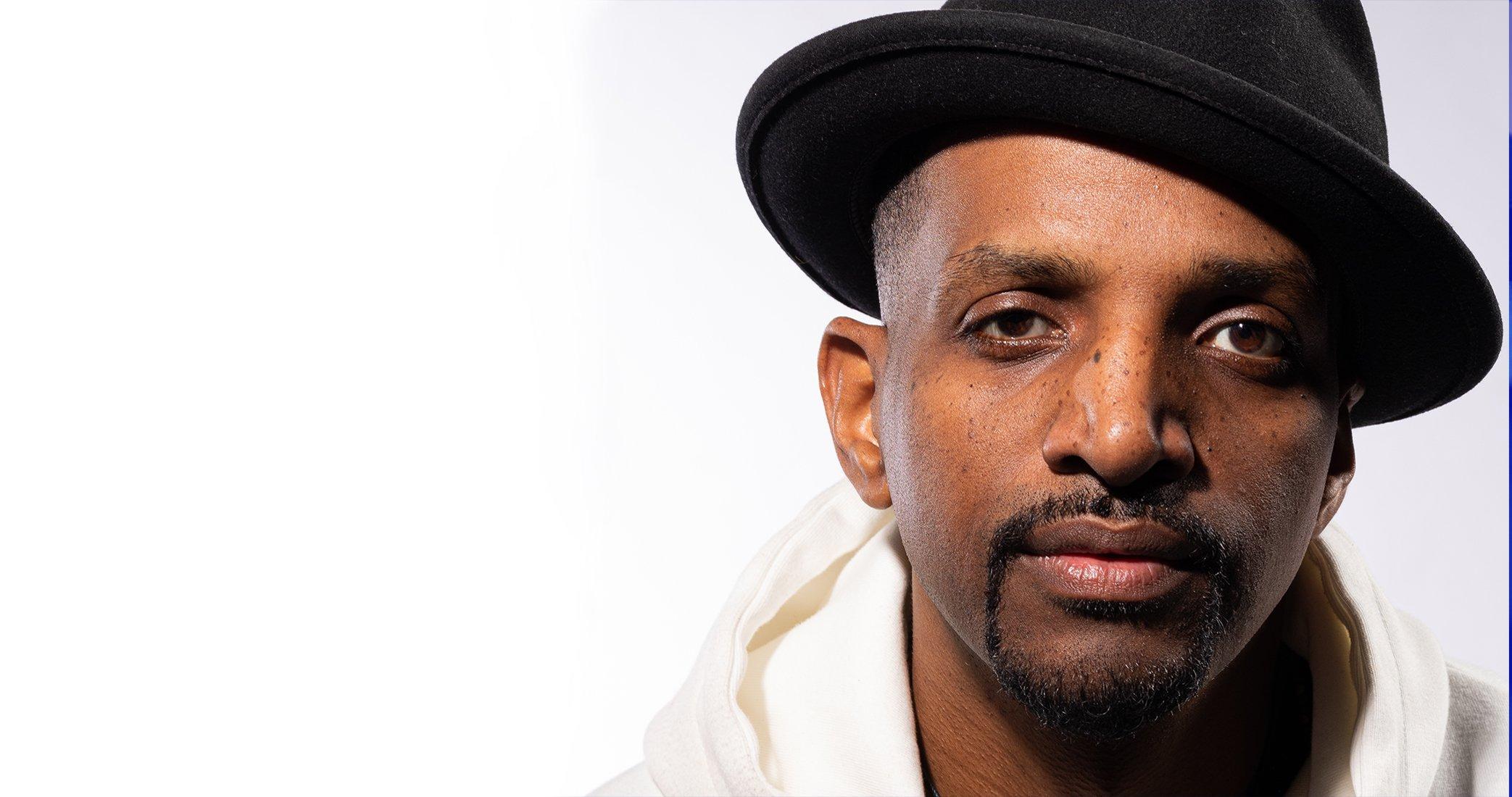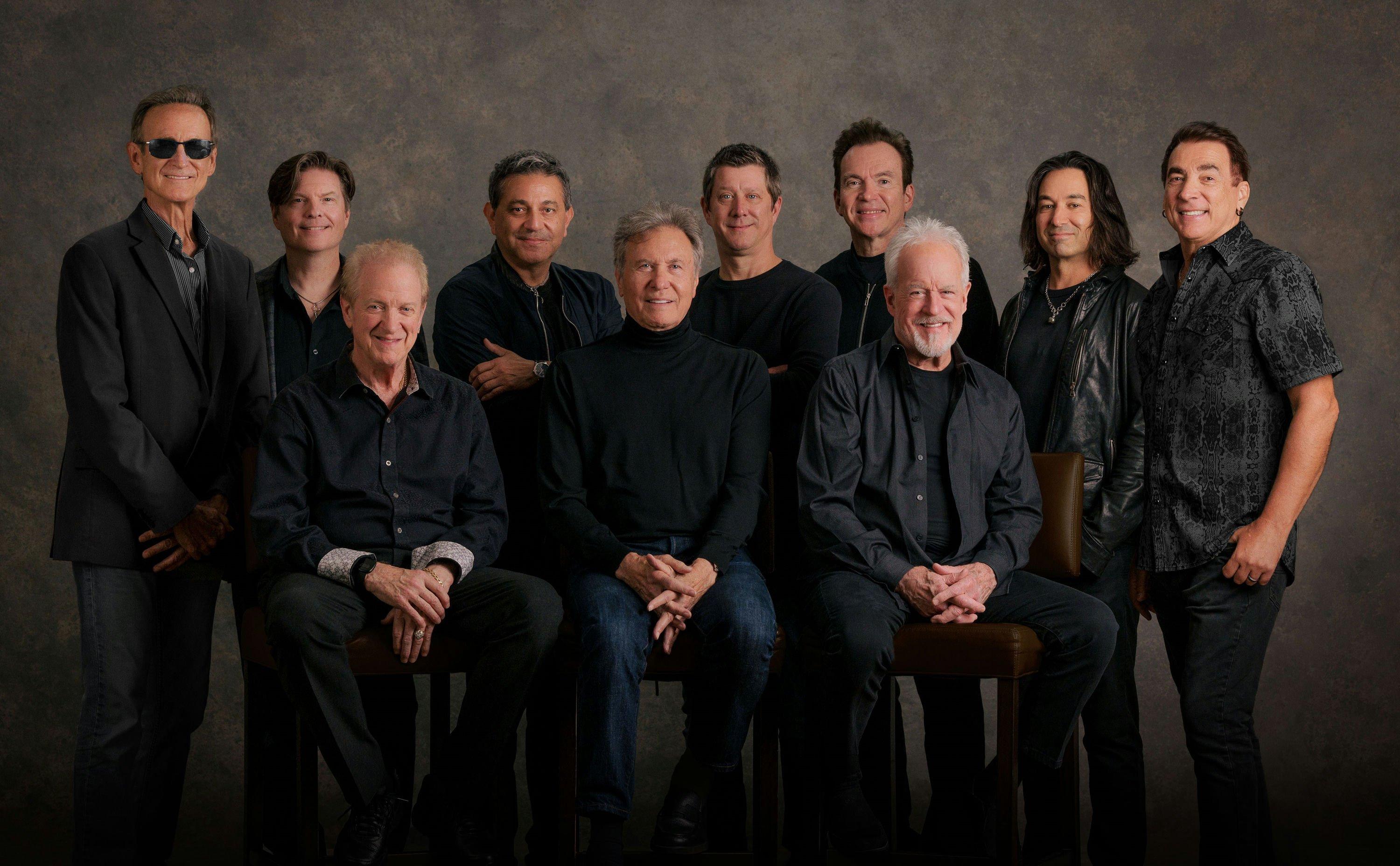By J. Ivy
It should be noted that poetry is the seed and the root of every song that’s ever been written. Spoken Word in simplest terms is performance poetry, whether it’s performed acapella, performed with the drum like The Last Poets, or with music like the late great Gil Scott-Heron’s “The Revolution Will Not Be Televised.” The addition of music with spoken word shouldn’t be confused for rap music. The difference lies in how the delivery, the cadence, the rhythm of the lyrics or the poetry is presented. And yes, rap is also poetry. There’s no denying that. Some of my all-time favorite poets are MC’s, but when you take an MC’s music away from his or her verse, you still hear the rhythm of the rap, you still hear the flow, you still hear the beat. I have a quote that says, “They say he offbeat! I’m a Poet. The beat follows me.” A poet’s flow is more like jazz. Yes, there is a beat. Yes, there is a rhythm to it, but the phrasing that happens between each measure bounces and jumps and pauses and climbs and falls and doesn’t have to rhyme, or be in any telegraphed order, quite like some of your favorite jazz songs.
In some cases, poetry is sung, in some cases, poetry is rapped, but in the art of spoken word, poetry is a rhythmic conversation, that isn’t confined to the walls of a beat or a measure or a bar. Spoken Word is the freest form of poetry being performed, which it’s why it’s important to keep shining light on this amazing art form, which is why it’s important for poets out there to make sure they’re releasing their work and submitting their projects for GRAMMY consideration in the Spoken Word category. There are so many extraordinary, life changing, lifesaving poets and spoken word artists in the world that it’s so important for the Recording Academy and the poetry community itself, to do everything in our power to bring attention to this rare, beautiful, impactful form of art.
I met this person once, and a few minutes into our conversation, they asked what did I do (for a living). I said, “I’m a poet.” They said, “That’s cool, but what do.” Again, I said, “I’m a poet.” They responded, “I get that, but what do you do for a living?” I said, “Um, I write poetry.” Early on I started my career for the pure joy and love of writing and performing my poetry. As time went on, it was revealed to me that I could make a living doing what I loved to do. But along the way to that realization I was always presented with the fear or the idea that I wouldn’t be able to make a living being just a poet. I was always advised to get a “real job” and do poetry as a hobby. “Work during the day. Do your poetry at night.” To this day those same people always tell me how surprised they are that I’m able to sustain a livelihood with poetry. Every poet that I know, including myself, still does it for the joy and love, but we’re also able to build sound careers and support our families, like any other occupation one may choose.
Our support and opportunities are seen in all walks of life. From live stage performances, to the work we do in film, the work poets do in commercials, to the work we do with students in classrooms, to the work most poets do in their communities, to our literary works, to the work we do in the studio as Recording Artist and the music we create, opportunity is definitely out there. You have to be creative with creating your lane, but what I do know is that there’s plenty of room for everyone. Knowing what I’ve been able to do in my career and seeing what friends of mine around the world have been able to accomplish, it’s more than evident that you can be a full time working poet. And the reason being, is because most people are fans of the art. We don’t always get the exposure we may need; but, when the light is on us, like when Russell Simmons HBO "Def Poetry" was on the air, who didn’t tune in? More importantly, for those that did tune in, who with a soul in their body didn’t feel what you saw and you heard on the TV screen? Poetry is cool! The coolest people on the planet are poets. Kick it with a poet. Hang out with them. Listen to their conversations. Peep the views on YouTube. Most people know the importance of the work, they appreciate it, have love for it, and support it when it’s presented to them.
<div class="fb-video" data-href="https://www.facebook.com/RecordingAcademy/videos/290010495776607/" data-show-text="false" data-width=""><blockquote cite="https://developers.facebook.com/RecordingAcademy/videos/290010495776607/" class="fb-xfbml-parse-ignore"><a href="https://developers.facebook.com/RecordingAcademy/videos/290010495776607/">Craft Sessions: The Spoken Word</a><p>J. Ivy hosts Craft Sessions: The Spoken Word featuring performances from a nationwide collective of spoken word artists including Adia Victoria, Nate Marshall, Ursula Rucker, Jericho Brown, Mahogany L. Browne - Writer, Sekou Andrews, jessica Care moore and Tongo Eisen-Martin Poetry.</p>Posted by <a href="https://www.facebook.com/RecordingAcademy/">Recording Academy / GRAMMYs</a> on Tuesday, July 28, 2020</blockquote></div>
And for those reasons, another misconception to dispel is that poetry is just for the coffee shops. Like Sekou Andrews stated on "Craft Sessions: The Spoken Word," it belongs in stadiums. Poetry isn’t just for books, it’s for albums. Poetry isn’t just for the studious who’s looking to score points with the ladies, it’s for any and every person with a story to tell, who isn’t afraid to tell it. Poetry has no barriers and it’s time that people stop trying to cap its potential. It’s time for people to realize that poetry is a tremendous part of music and the music community. You know I can get deep and tell you that poets are the keepers of history, but to put it plain, Poets are the makers of some really cool shit! Point blank, period. I dare you to listen to a poet and not be moved. I’m waiting!
I sit as the Chair of the Chicago Chapter’s Spoken Word Advisory Group. Wanting to raise awareness with Spoken Word Artists regarding the GRAMMY’s Spoken Word category, our original plan was to have a live event in Chicago that would highlight poets/spoken word artists from the Midwest. Due to Covid-19, we decided, like most, to change the program into a virtual experience. The idea immediately expanded to building with poets who were not only from the Midwest, but around the country. We reached out to poets in our network. We reached out to poets that we’re big fans of. And we reached out to other Recording Academy Chapters for suggestions of Poets/Spoken Word Artists in their music communities.
The response was mind blowing and the list of power houses we ended up with on the show was nothing short of amazing. From Adia Victoria (Nashville by way of South Carolina), to Nate Marshall (Chicago), to Ursula Rucker (Philly), to Jericho Brown (Atlanta by way of Shreveport) to Mahogany L. Browne (Brooklyn), to Sekou Andrews (Cali), to Jessica Care Moore (Detroit), to Tongo Eisen-Martin (San Fran) each of these giants in the game gave a true display of the power of the spoken word. These phenomenal poets are all so accomplished in their careers. Jessica is an Apollo Theatre Legend. Jericho is a Pulitzer Prize Winner. Sekou is a Grammy Nominated Spoken Word Artist. And that’s just to name a few. I use the phrase “lightning in a bottle” to describe the evening and it was just that. Poet after poet, spoke truth to power, raised the hairs on the viewers’ arms, and sparked something, awoken something, in all of us. The stories they told and the poetry they shared was so relevant to the times, so thought provoking, so healing, and so needed. The night was epic. The night was historic. It was an honor to perform and be the host of the Recording Academy’s first ever Spoken Word event.
The nature of being a poet is listening, experiencing life, and documenting what you find. Being a creative journalist, a street reporter, is the essence of the art. We capture what we see and what we feel. We’re moved to shine light on subjects that affect us all. That has been the job of every poet that has come before us, every poet that is in the trenches speaking their truth right now, and every poet that will come after us. Like music, the words of a poet, the performances of spoken word artists, become the soundtracks of movements and the lifestyles we’re encouraging the world to lean towards. We hear the cries of the people. We hear the joy. We hear the justice that most people are fighting for, especially in the Black community. Before the rise of the Black Lives Matter movement, before cameras turned in our directions, often times it was the poets who were translating the spirit and concerns and the struggles of the people. We’ve watched our people work for pennies and succeed to the highest heights. We’ve seen our people suffer and mother’s crying. We’ve seen the malnutrition of resources that exists in our communities. We’ve seen men and women with the same tones and hues as our own laid down in the streets by the same system that swore to protect its people. Spoken Word artists bring power and light and hope and inspiration to movements that grow long and exhausting. We combat fear and instill courage for others to speak up. Poets are superheroes. We write time capsules for the future to discover, trails of our voices that will forever tell the stories of what was, what is, and what could be.
J. Ivy is the President of the Recording Academy Chicago Chapter, where he recently led "Craft Sessions: Spoken Word," the Academy's first-ever celebration of spoken word.





